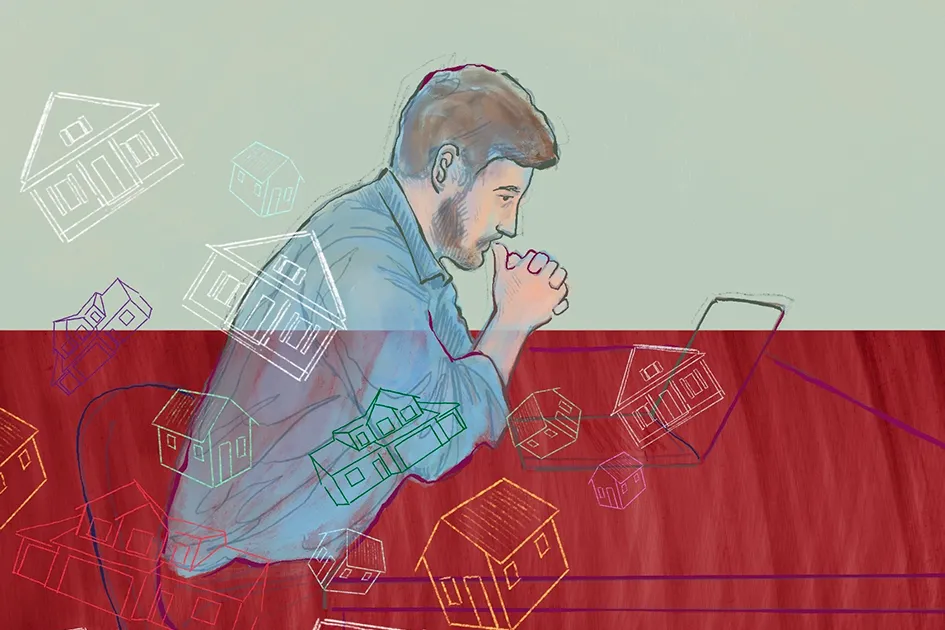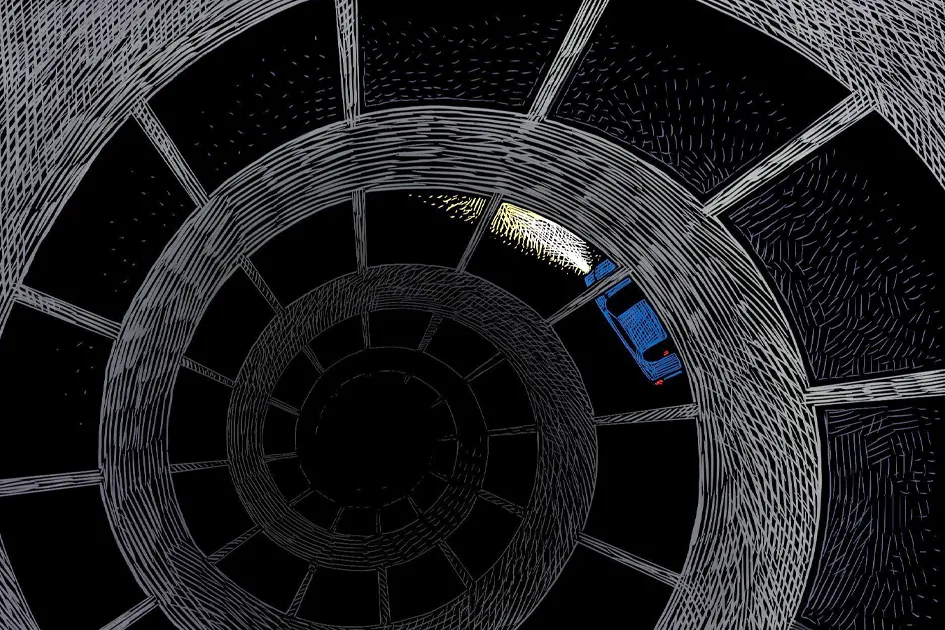I’ll never forget the moment I first walked up the marble steps to the Lincoln Memorial and saw the immense figure of America’s 16th president. I was 10 years old, and my parents had scraped together enough money to take us to Washington, D.C.
As an early student of history (my parents say I was reading the newspaper at the age of 4), I stood there on those steps, holding my father’s hand, and wept. I wept at the immense history represented here, the long bitter struggle against slavery that cost Lincoln his life, and the continued march for civil rights that cost Martin Luther King, Jr. his life. I wept because of the emotional bond between my country and myself.

I’m not ashamed to say that I love my country. When the national anthem plays, my heart is stirred. When I see those YouTube clips of soldiers coming home to surprise their kids, I can’t stop crying. When I travel to Washington, D.C., and see the monuments rise on the landscape, I feel a sense of pride.
I love America. And I love being an American. But as a follower of Jesus Christ, I must be discerning about the place the United States holds in my heart. I am, to quote the apostle Peter, a sojourner and a stranger. I’m a citizen of the kingdom of God. My first allegiance is not to the red, white, and blue, but to the One who bears the black and blue and crimson marks of crucifixion.
Not At Home In the World
Of course, it is so easy to say that we are first Christians, then Americans, but if we are not intentional, we will live as though our country is our first love. We do this in both overt and subtle ways. The most obvious and talked about concern is the way that our patriotic worship services sometimes synchronize the gospel with the flag. I once attended a morning worship service on the Fourth of July, and the pastor’s sermon quoted more Thomas Jefferson and Benjamin Franklin than Jesus. I’m a fan of our founders, but I was aghast that we deified Deists instead of worshipping the risen revolutionary, Jesus Christ.
It’s subtle the way we are tempted to imbibe the values of the culture, whether left or right, and attach them in an idolatrous way to the gospel. How do we know we are doing this? For one thing, it shows up in the way we think and engage issues as they arrive. Are we tempted to let our political tribes shape our faith, or do we allow our faith to shape our views?
We are tempted to imbibe the values of the culture, whether left or right, and attach them in an idolatrous way to the gospel.
Part of the reason we are so tempted to go beyond love of country and make America an idol is because we, by nature, are always longing for home. The rose-colored nostalgia that sometimes causes us to look back fondly at mythical glory days is really rooted in our longing for our first home. Ever since Eden, the human heart has known that the world in which we are situated is not quite right—that it’s not as it should be. We mistakenly put our faith in movements and parties and politicians who convince us that they can stitch together the social fabric that will bring us back to Eden.
But Christians no longer have to yearn for their old home, because we are looking for a better place—a city, not a garden, whose builder and maker is God (Heb. 11:10). This is what it means to be a sojourner. In a sense, we are strangers in our own homeland. This world, which is God’s, is under the temporary reign of the prince and power of the air. We are awaiting the full consummation of Christ’s rule, when He makes all things new and earth and heaven are one.
Kingdom living means being uncomfortable in the world—that we are not at home in any earthly movement, whether right or left or middle. We love our country, we respect its leaders, and we work to shape society for the flourishing of our neighbors. But we do all of this knowing that even America is a fading enterprise which will one day be subsumed into the larger story of history God is writing in the world.
Who Do You Love
Does holding our patriotism loosely mean we hate our country and grow cynical about her future? No. In fact, when we put the United States in its proper place, we are better able to be good citizens. Idolatry of country makes us angry when we encounter friends, neighbors, and fellow Christians who might think differently than we do about a range of political ideas. It keeps us from a robust love of the nations and removed from the mission of God, which is gathering people from every race, tribe, and tongue into His kingdom. It prevents us from reckoning with America’s sins and continued systemic injustice we are tempted to ignore.
You can love America and yet realize that America is not the kingdom of God. You can be patriotic and yet pledge your deepest allegiance to the King of Kings.
I don’t think I’m going to stop getting misty-eyed at the monuments. America, as my earthly home, will always have a special place in my heart. But I’m not quite home yet.


